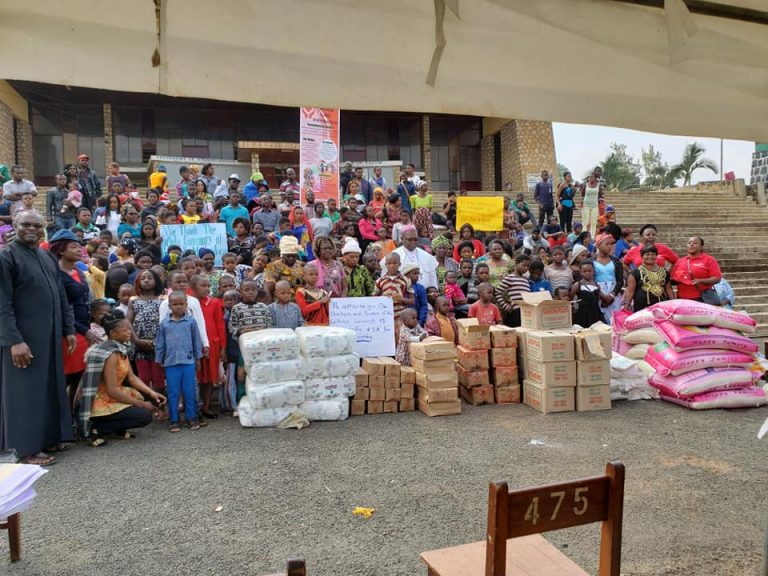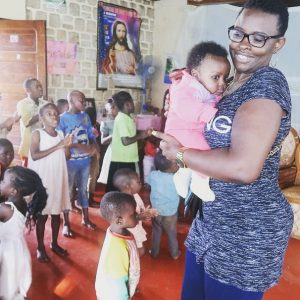The Challenges


Context-specific factors, which can significantly affect the success of interventions for IDPs. These include the capacity and willingness of national and local institutions to receive aid for IDPs or the accessibility of legal and protective institutions; and factors specific to the internally displaced population, such as the resources and social capital of the displaced, or the presence of pre-existing vulnerabilities.
We work in areas in of humanitarian crises by helping people seriously affected by conflict and disaster. Our specific area of focus in this regard is the thousands of people displaced from their homes and communities by the two-year old conflict in the NW and SW Regions of Cameroon, the neglected conflict area in Africa but which also deserves humanitarian intervention.
We support refugees and internally displaced people (IDPs) with
Temporary shelter
Water supply
Sanitation facilities
Food
Psycho-social counseling
Educational supplies for and effective teaching for displaced children
Family and community resettlement
Family reconstitution
Community reconstruction
Reconciliation and harmonious community living.
Business set up
Library creation

